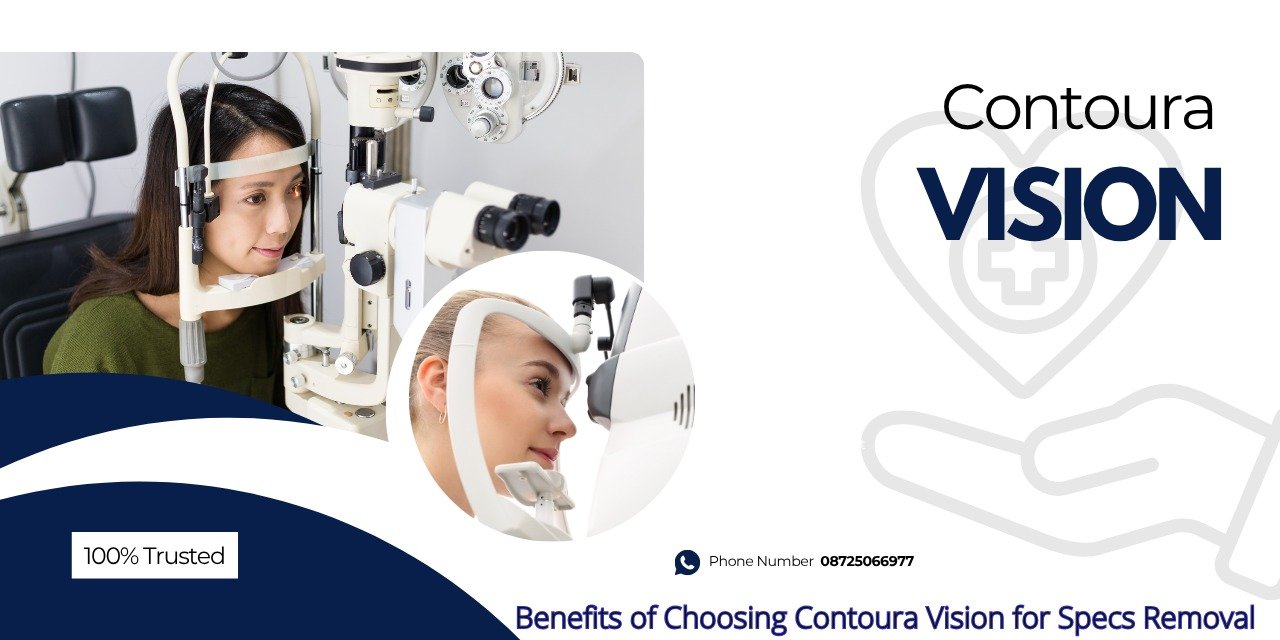Corneal grafting, also known as corneal transplantation, is a surgical procedure that involves replacing a damaged or diseased cornea with a healthy donor cornea. The cornea is the clear, dome-shaped surface that covers the front of the eye, playing a critical role in focusing vision. When the cornea becomes clouded, scarred, or irregularly shaped, it can significantly impair vision. Corneal grafting offers hope and improved sight to individuals affected by these conditions.
Understanding Corneal Transplant Vision Restoration
The cornea is the eye’s outermost layer and serves as a protective barrier against dirt, germs, and other particles. It also helps to filter out some of the sun’s harmful ultraviolet (UV) radiation. Comprising five layers—the epithelium, Bowman’s layer, stroma, Descemet’s membrane, and endothelium—the cornea works in harmony to ensure clear vision by refracting and focusing light onto the retina. Any damage or disease affecting these layers can distort vision, making daily activities challenging.
Corneal Transplant: Common Conditions Requiring Corneal Grafting
Several conditions may necessitate corneal grafting:
- Keratoconus: A progressive thinning and bulging of the cornea, causing vision distortion.
- Fuchs’ Endothelial Dystrophy: A degenerative disease affecting the innermost corneal layer, leading to swelling and vision loss.
- Corneal Scarring: Resulting from infections, injuries, or surgeries, scars can cloud the cornea and impair vision.
- Corneal Ulcers: Open sores on the cornea, often due to infections, that can lead to severe scarring.
- Corneal Dystrophies: Genetic conditions causing cloudiness and vision problems.
The Corneal Grafting Procedure
Corneal grafting can be performed using different techniques, depending on the specific condition and the part of the cornea affected:
- Penetrating Keratoplasty (PK): The entire thickness of the cornea is replaced with a donor cornea.
- Lamellar Keratoplasty (LK): Only the affected layers of the cornea are replaced, preserving the healthy parts.
- Endothelial Keratoplasty (EK): Specifically targets the innermost layer, Descemet’s membrane, and endothelium.
The procedure typically involves the following steps:
- Donor Cornea Preparation
The donor cornea, obtained from an eye bank, is carefully prepared for transplantation. - Recipient Cornea Removal
The damaged corneal tissue is meticulously removed. - Donor Cornea Placement
The healthy donor cornea is placed and sutured into position. - Postoperative Care
Patients are monitored closely to ensure proper healing and to manage any complications, such as infection or rejection.
Recovery and Outcomes
After corneal surgery, patients might experience discomfort, increased sensitivity to light, and blurred vision during the healing process. While many people can resume their usual activities within a few weeks, full recovery and optimal vision may take several months. Regular follow-up visits are essential to monitor healing progress and promptly identify any potential signs of rejection. Although rejection is uncommon, it can happen and may require additional medical or surgical treatment.
The Impact of Corneal Grafting
Corneal grafting has a high success rate, significantly improving vision and quality of life for many individuals. Advancements in surgical techniques and postoperative care have further increased the procedure’s safety and effectiveness. For those suffering from severe corneal diseases or damage, corneal grafting offers a new lease on life, enabling them to engage in daily activities with restored sight and renewed confidence.
Conclusion
corneal grafting is a transformative procedure that restores vision and enhances the quality of life for those affected by corneal conditions. For those seeking Best eye surgeon in Chandigarh , there are top-tier hospitals renowned for their expertise and successful outcomes. Dr. Ashok Sharma, at Cornea Centre, is one such expert offering exceptional care. With continued advancements in medical science, the future of corneal transplantation looks promising, offering hope and clearer vision to countless individuals worldwide. For more information or to schedule a consultation, please contact +919814528495.













